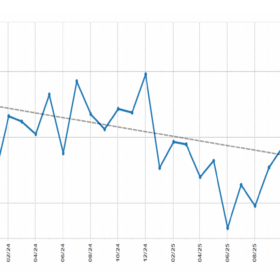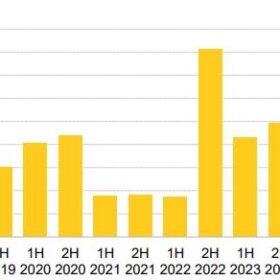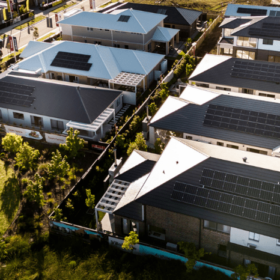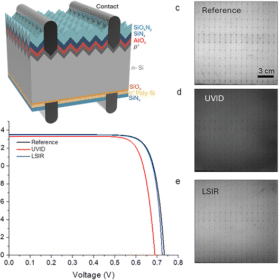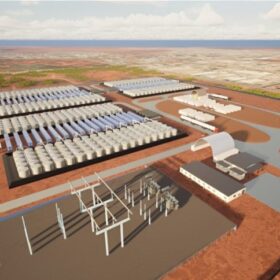Solar energy chips in 16% of Victoria’s renewable energy target
Solar energy has chipped in 16% of Victoria’s 40% 2025 renewable target, which itself has been smashed with green energy powering a solid 44.6% of the state’s electricity in that year.
Norwegian firm introduces fire-resistant membrane for rooftop solar
Norwegian fire safety specialist Bridgehill has developed a fire-resistant roofing membrane designed for use beneath rooftop PV systems. The company says the product is intended to limit heat transfer and flame spread in commercial and industrial installations subject to strict fire safety and insurance requirements.
Sunset on solar waste: Have your say on solar panel reuse and recycling
A parliamentary inquiry into solar panel reuse and recycling is calling for written submissions on how Australia currently handles ageing and decommissioned solar panels, the scale of the current waste challenges and needs for future management.
Rooftop solar volumes drop 34% after four month growth
The latest rooftop solar figures from market analyst SunWiz show small scale technology certificate volumes dropped sharply by 32% after four months of growth, though January outcomes were broadly in line with seasonal norms.
Rooftop solar hits 28.3 GW as home battery uptake ‘straps on a rocket’
Australia’s rooftop solar fleet continues to expand with a combined 28.3 GW of generation capacity commissioned by the end of 2025 with approximately 4.3 million installations across the country.
Growatt launches 5 kWh AC-coupled battery storage system
The IP66-rated Aura 5000 energy storage system features bidirectional inverter functionality and an AC output of up to 2.5 kW.
BNEF report shows drop-off in support for standalone solar
Investment in utility-scale solar in Australia dropped 35% in the second half of 2025 compared to the previous six months with Bloomberg New Energy Finance saying the growth of rooftop solar and a booming battery market are among the reasons for the precipitous decline.
Tesla’s new residential solar panels complete home energy ecosystem
The new Tesla Solar Panel and mounting system pairs with the company’s inverter, Powerwall battery, EV charging and vehicles, creating an all-Tesla residential solar offering for the first time.
Rooftop solar hits all-time output high of 4,407 MW in Q4 2025: report
Rooftop solar generation hit an all-time high in Q4 2025, up 8.7% with an output of 4,407 MW, while also reducing daytime operational demand, contributing to battery charging, and an overall new renewable energy generation record for the National Electricity Market of 51%.
UNSW research reveals self-repair mechanism in solar cells
Engineers at the University of New South Wales have developed a real-time monitoring technique that reveals how silicon solar cells can self-repair following ultraviolet-induced damage, offering new insights into solar panel degradation and lifetime performance.



